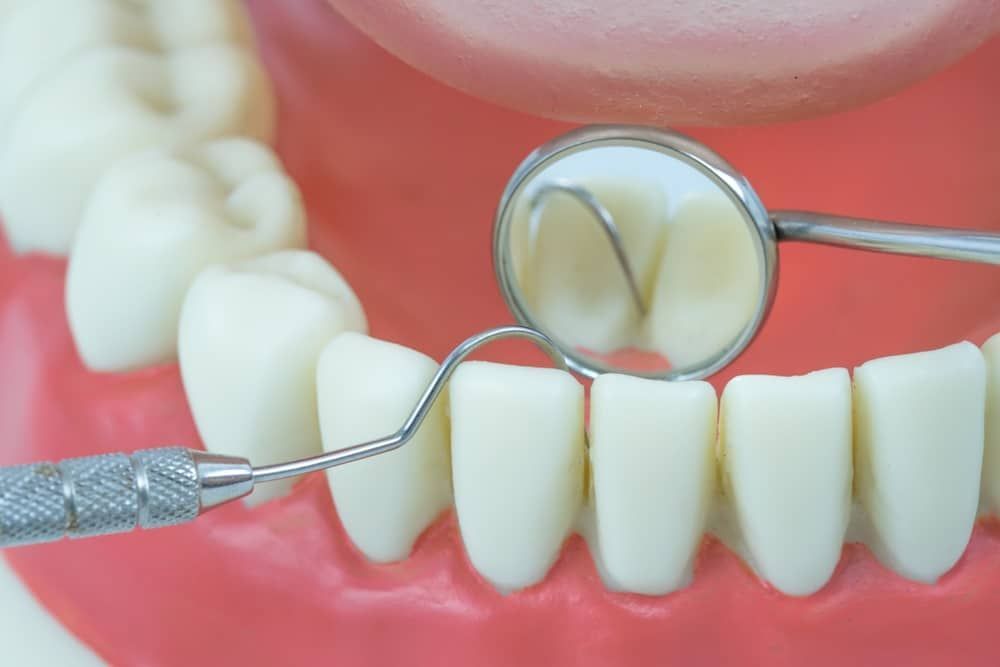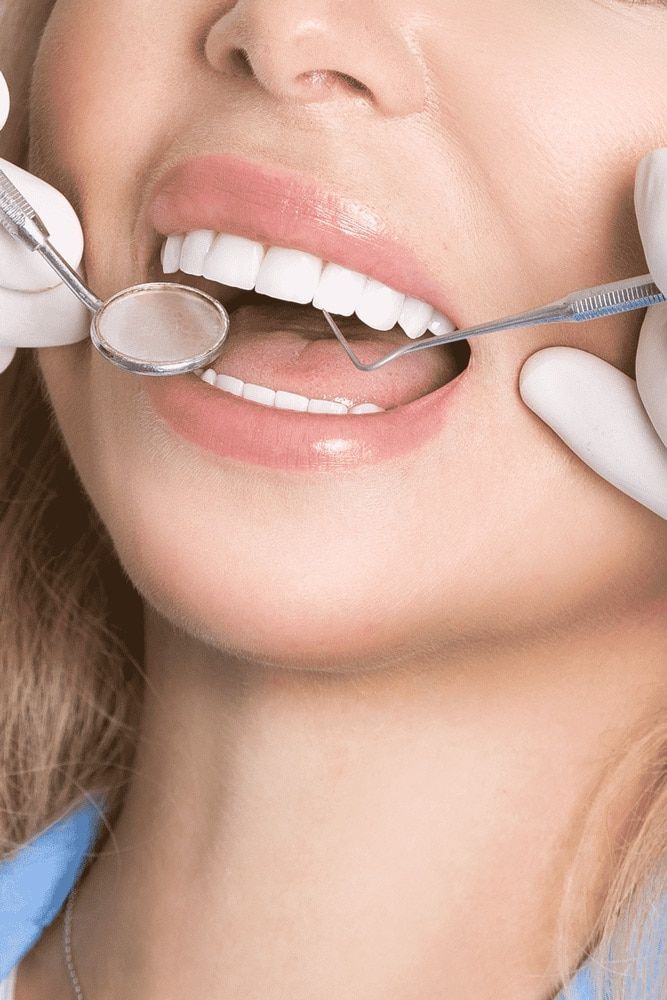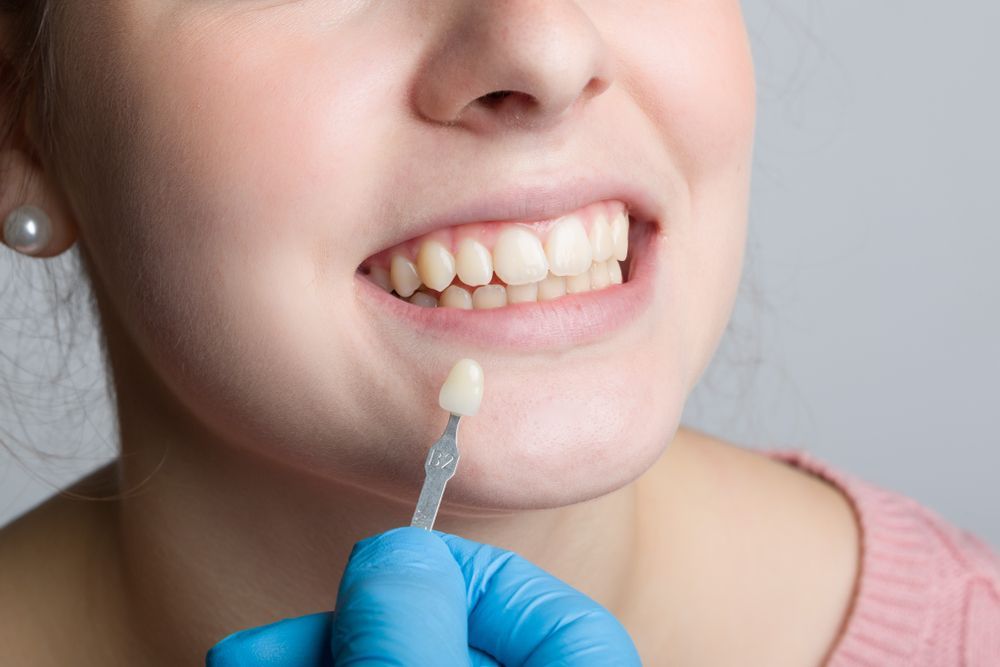Why Toothaches Happen & How to Relieve the Pain Quickly: A Dentist's Guide
Tooth pain can strike at any moment—whether you’re sipping a hot drink, chewing a favourite snack or even just breathing in cool air. Often described as a sharp, throbbing or dull ache, this discomfort can affect your daily activities and well-being. While there are a variety of reasons why a tooth might hurt, the exact cause can only be properly assessed by a dentist. In the meantime, understanding what could be behind the pain and learning about temporary relief options may help you manage symptoms until an appointment is available.
In this blog post, we’ll explore common reasons for toothaches and general strategies that may offer short-term relief for those searching for how to stop tooth pain, while emphasising the importance of consulting a dentist for personalised advice and treatment.
Table of Contents:
Tooth Decay & Cavities
Tooth decay is among the more frequent contributors to dental discomfort. It occurs when acids produced by plaque bacteria weaken the enamel, allowing cavities to form. As the decay progresses, it may reach the dentin or pulp, increasing the likelihood of pain.
Signs that may suggest tooth decay:
- Sensitivity to hot, cold, or sweet foods and drinks
- Visible holes or dark spots on the teeth
- Pain when biting or chewing
Maintaining good oral hygiene and attending regular dental check-ups may help reduce the risk of developing cavities. Only a dentist can diagnose the extent of decay and recommend an appropriate course of action.
Gum Disease & Receding Gums
Issues affecting the gums, such as gingivitis or periodontitis, can lead to tooth sensitivity and pain. These conditions involve inflammation of the gum tissue and, in more advanced cases, recession that may expose the roots of the teeth.
Potential symptoms of gum-related discomfort include:
- Red or swollen gums
- Bleeding during brushing or flossing
- Pain around the gumline, especially when eating or drinking
Brushing gently with a soft-bristled toothbrush and following a consistent oral hygiene routine can help support gum health. If symptoms persist, a professional evaluation may be necessary to explore further options.
Cracked or Damaged Teeth
Even a small crack in a tooth can lead to discomfort, particularly when chewing. Cracks can result from various factors such as biting into hard foods, teeth grinding or accidental trauma. Some cracks may not be immediately visible but can still irritate the inner structures of the tooth.
Situations that might increase the risk of cracked teeth:
- Eating hard items like nuts or ice
- Jaw clenching or grinding during sleep
- Sudden impact to the mouth or jaw
Only a dentist can determine if a crack is present and whether intervention is required.
Tooth Grinding (Bruxism)
Teeth grinding or clenching, often occurring during sleep, can gradually wear down the enamel and place stress on the jaw and surrounding structures. This can lead to generalised tooth pain or sensitivity.
Common indicators that grinding may be contributing to dental discomfort:
- Sore or tight jaw muscles, especially in the morning
- Flattened or chipped tooth surfaces
- Increased sensitivity when consuming cold or sweet items
If bruxism is suspected, a dentist might suggest a custom mouthguard or other strategies to reduce the impact on teeth and jaw muscles.
Dental Infections or Abscesses
Bacterial infections in the mouth may cause pressure, swelling and pain. These infections can develop at the tip of the tooth root or in the surrounding gum tissue. Prompt professional attention is often necessary to manage these conditions safely.
Potential warning signs of a dental infection:
- Throbbing or persistent pain that intensifies over time
- Swelling in the jaw, cheek or lymph nodes
- A bad taste or odour from the affected area
- Fever or general discomfort
Delaying care for a suspected dental infection can lead to further complications. If these symptoms are observed, it is advisable to contact a dental practice promptly for assessment.
Wisdom Teeth Concerns
Emerging or impacted wisdom teeth may lead to pressure, gum tenderness or intermittent pain in the back of the mouth. In some cases, these teeth grow at angles or lack sufficient space to erupt fully, which can cause localised discomfort.
Situations where wisdom teeth may be involved:
- Swelling or tenderness at the back of the gums
- Pain radiating to nearby teeth or the jaw
- Difficulty opening the mouth fully
A dentist may use imaging to evaluate the position of wisdom teeth and determine if they are contributing to symptoms.
Sinus Pressure & Referred Pain
Tooth pain can occasionally be related to sinus issues, particularly when affecting the upper molars located near the sinus cavities. When the sinuses become inflamed, such as during a cold or seasonal allergy, pressure can build and cause discomfort in nearby teeth.
Signs that the discomfort might be sinus-related:
- Congestion, nasal discharge or facial tenderness
- Pain that worsens when bending forward
- Generalised ache affecting several upper teeth
While not a dental issue per se, sinus-related tooth pain should still be discussed with a healthcare provider to determine the most appropriate course of action.
General At-Home Relief Measures
While professional care is the most reliable way to address dental pain, some temporary at-home strategies may help reduce discomfort until an appointment is available. These do not replace professional advice but may help manage symptoms in the short term.
Possible self-care measures to consider:
- Rinse the mouth gently with warm salty water to help cleanse the area
- Apply a cold compress to the cheek to help reduce swelling
- Use over-the-counter pain relief following the label directions
- Avoid chewing on the affected side and stay away from very hot, cold or sweet foods
It is important to note that these methods are not intended to treat the underlying cause of pain and are not suitable for all individuals. Always seek guidance from a dentist.
Reach Out to Our Emergency Dentist to Learn More.
Toothaches can be more than just an annoyance—they may be a sign of underlying issues that require prompt attention. While home remedies may provide temporary comfort, only a qualified dental professional can determine the cause and appropriate course of treatment.
If pain persists, worsens or is accompanied by swelling, fever or other unusual symptoms, contacting our Mittagong dentist soon is generally advisable. Timely intervention may help minimise the risk of complications and support overall oral health.
Need help managing tooth pain? Visit
Mittagong Dental Care for more information. You can
get in touch via our contact page to discuss your symptoms or to book a consultation. Our team is here to assist you with thoughtful, professional care tailored to your needs.












